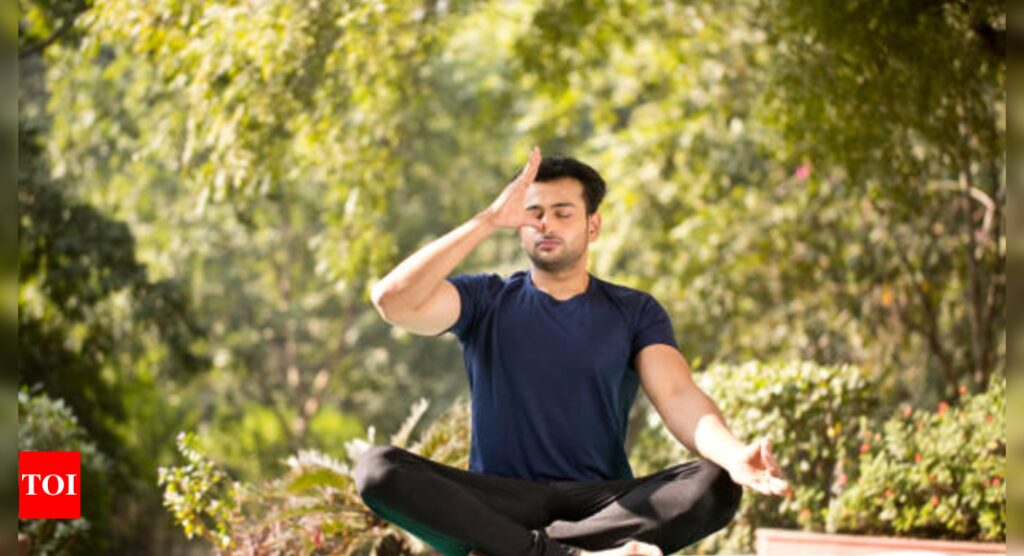The mind and body are intricately connected, each influencing the other in many ways. As we navigate life, the stresses and strains of daily life can take a toll on our mental health. However, research increasingly shows the effectiveness of integrating yoga techniques and physical activity to promote overall mental health. The past few years have been particularly challenging for mental health around the world, as the COVID-19 pandemic exacerbated existing problems and gave rise to new ones. According to the World Health Organization (WHO), the economic cost of mental health problems is predicted to reach a staggering $1.03 trillion between 2012 and 2030. Before the startling statistics Thus, the discovery Innovative approaches are required to mental health care. Combining physical activity with meditation-based interventions offers a promising avenue for enhancing mental health. These two methods, when integrated, can work together to bring about many differences compared to using either method alone. Yoga techniques, rooted in the Indian system of knowledge, include a variety of practices including asana (physical postures), pranayama (breath control), and dhyana (meditation). Many studies have demonstrated the profound impact of yoga practice on mental health, with benefits ranging from reduced stress to improved mood and enhanced cognitive function. Combining meditation and breathing interventions helps foster a state of inner calm and promote emotional resilience, thereby empowering individuals to better cope with challenges in life. life. Similarly, engaging in regular physical activity has been shown to have a significant positive impact on mental health. Whether it’s brisk walking, jogging, swimming or participating in team sports, exercise releases endorphins, the body’s natural mood enhancers, leading to feelings of euphoria and relaxation. stretch. Furthermore, regular exercise is linked to reduced symptoms of anxiety and depression, improved sleep quality, and enhanced self-esteem.
How yoga improves overall health
The integration of yoga techniques and physical activity depends on the complementary nature of these practices. The meditation-based interventions inherent in yoga practice encourage non-judgmental awareness of one’s physical sensations and emotions, allowing for acceptance and self-compassion. This mindset may facilitate participation in physical activity by reducing feelings of self-doubt or self-doubt, thereby promoting adherence to an exercise regimen. In contrast, physical activity enhances feelings of accomplishment and self-efficacy, reinforcing the benefits gained from practicing yoga. Non-pharmaceutical meditation methods, integrated with traditional Indian knowledge systems, offer a holistic approach to mental health care. By harmonizing the body, mind and soul, these procedures have been shown to reverse depression by a remarkable 72%, giving hope to those struggling with depression. this debilitating condition. As we observe Mental Health Awareness Week, let us recognize the transformative potential of integrating yoga techniques and physical activity in promoting mental health. By applying these practices in our daily lives, we can begin our journey toward greater resilience, inner peace, and fulfillment. Remember, true happiness starts from within, and by nurturing our minds and bodies, we pave the way for a brighter and more vibrant future. (Author: Dr. Ishan Shivanand, mental health researcher and founder of Immortal Yoga)



